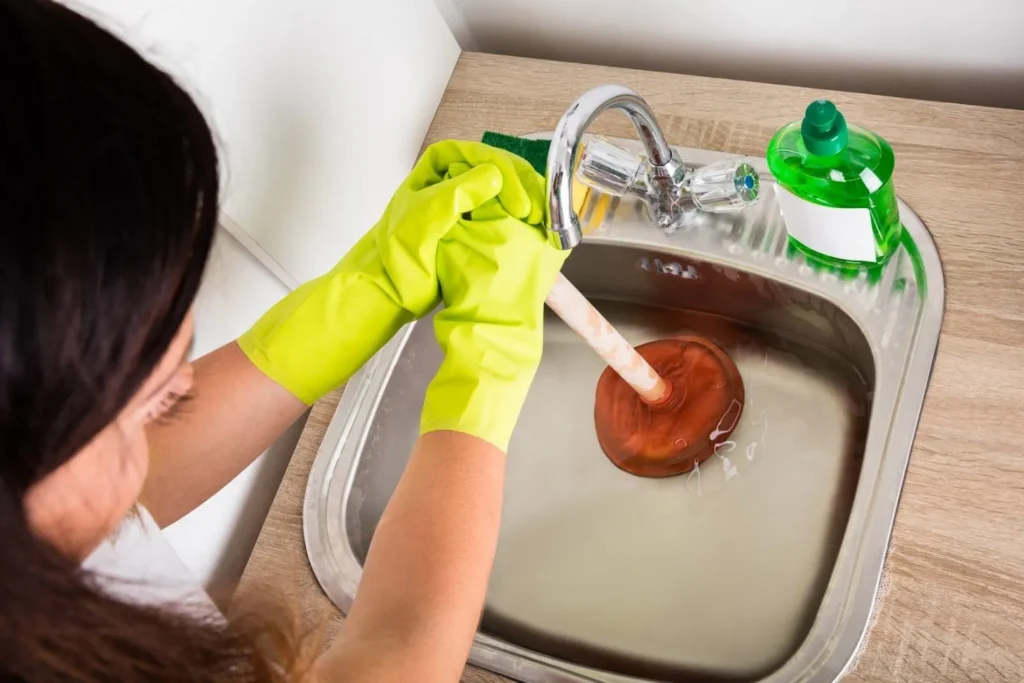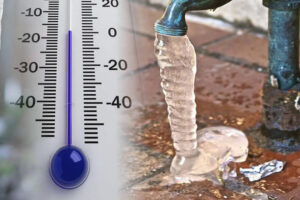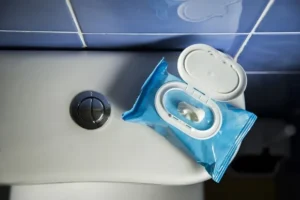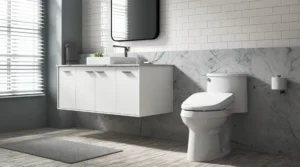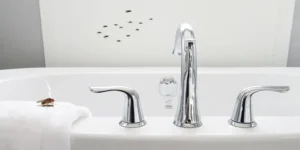Clogged drains can have many adverse effects, including dampness, odors, bacteria and mold, slow drainage, and leaks. While some causes of blocked drains, like tree roots, are beyond your control, you can avoid others, like a buildup of dirt, food particles, and minerals, if you take some preventative measures.
Below are some ways to prevent clogged drains.
Clean Drains Regularly
Regular drain cleanups are effective in preventing drain clogs. If you clean your drains regularly, you will push the dirt and debris away before it accumulates to a troublesome level. You can clean your kitchen drain by using a mixture of vinegar and baking soda. For the best results, ensure you have covered the drain with a plug and let the mixture sit for several minutes.
The baking soda and vinegar mixture is also effective when cleaning your bathroom drains, but you may want to use a hair-catching brush to remove the hair accumulating in the drain.
Be Careful of What You Put Down Your Drain
Most other materials apart from water should not get into your drain. Common solids that can clog your drain include coffee grounds, baby wipes, rice, eggshells, and hair. You can install drain covers with a strainer on your drains to prevent the buildup of these solids. Also, avoid pouring fat, oil, and grease down your drains. Instead, dispose of these things into the dustbin.
Flush Your Drains With Hot Water
When you pour hot water down the drain, the water breaks down the fats and oils inside, allowing them to flow. Therefore, you will prevent fats from accumulating in your drains if you repeat this trick several times a month. However, never pour boiling water into a PVC drain, as it could damage the pipes.
Add Bacteria to Your Drains
Some bacteria can help you eliminate organic matter like food particles and oils from your drains naturally. Unlike corrosive drain cleaners, a bacteria drain cleaner will consume the organic matter in your drains without harming your pipes. However, since the bacteria require more time to work, you should only apply it when no one is in the house or at night before you go to bed.
Don’t Skip Your Yearly Professional Drain Cleaning
Despite your efforts, the preventive methods above may not be 100% effective. So, if you want your drains to perform optimally, consider a yearly drain cleaning.
Moreover, the only way to ensure that your drains are clog-free is to hire a professional plumber to inspect and clean your drains. These experts use special cameras to spot clogs and a plumber’s snake to break up any debris buildups in pipes.
Don’t Rinse Cement or Grout Down Your Drain
When cement settles in your drain, it will form a rock-hard clump that only a trained plumber can remove. To avoid such scenarios, do not rinse concrete or any building product down your drain. The best disposal method is to decant the water and dispose of the sludge.
While the above tips will help you prevent clogged drains, some debris may still get into your drain and clog it. Some clogs are easy to remove using simple tools, but others require professional help. Never hesitate to call a professional plumber if you have a persistent clog.
At A-1 Affordable Plumbing Inc, we have the skills and tools necessary for any plumbing project. Contact us today for a free quote and fast response. We look forward to helping you resolve your plumbing problems and having clean, fast, and high-performing plumbing systems. Please let us know about any questions or concerns you have about your drains or any part of your plumbing.



